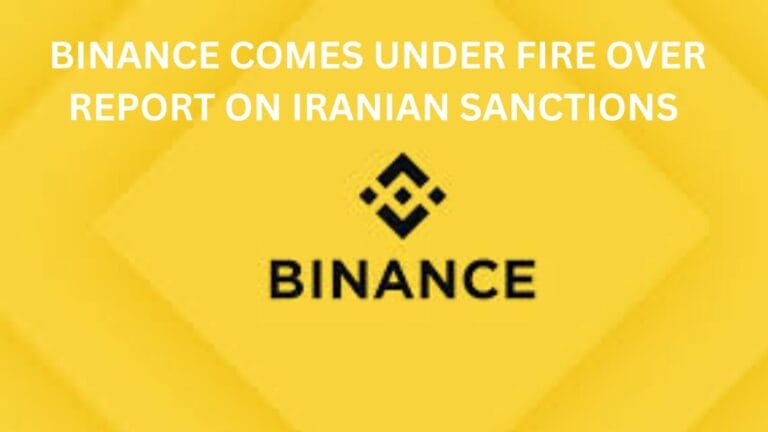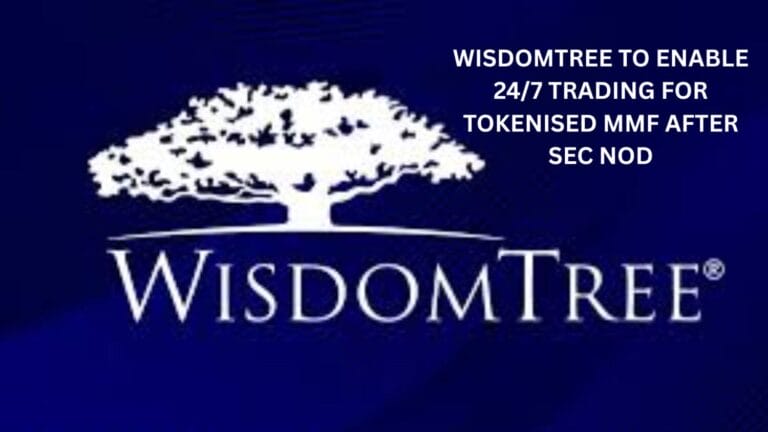Key takeaways:
- Under a law that is now in the country’s parliament, the Monetary Authority of Singapore (MAS) will be given more authority.
- The measure stipulates that CMSL holders may sell unregulated goods that could jeopardize their regulated operations.
Under a law that is now in the country’s parliament, the Monetary Authority of Singapore (MAS) will be given more authority. In the event that the reforms are approved, crypto companies may be greatly impacted.
Expanding the Monetary Authority of Singapore’s (MAS) jurisdiction to give directions to holders of capital markets services licenses (CMSL holders) involved in unregulated commercial operations is one of the main features of the Financial Institutions (Miscellaneous Amendments) Bill 2024.
The measure stipulates that CMSL holders may sell unregulated goods that could jeopardize their regulated operations. It uses the example of payment token derivatives sold on foreign markets, such as Bitcoin futures.
Although the MAS has previously published guidelines on risk-reduction strategies for doing unregulated business with retail investors, its authority is now being increased:
“The FIMA Bill will now allow MAS to issue written directions on the minimum standards and safeguards that should be in place when CMSL holders and their representatives conduct unregulated businesses.”
In addition to Major Payment Institution (MPI) license holders, cryptocurrency exchanges may also have CMSLs.
In order to deter speculation in cryptocurrency investments, the MAS implemented a number of regulations in November.
Additionally, in August, it updated its stablecoin regulatory structure. Following this, Circle and Ripple were granted MPI licenses, increasing the total number of license holders to more than twelve.
In November, Paxos received approval to launch a stablecoin denominated in US dollars. Meanwhile, the MAS is aggressively investigating tokenization under Project Guardian.
The MAS would be able to force people to appear for interviews and provide written statements under other parts of the bill. It would enable the MAS to get court orders to gather evidence and enter locations without a warrant. Additionally, it will allow it to authorize the agents that foreign authorities have designated to inspect financial institutions in Singapore.









